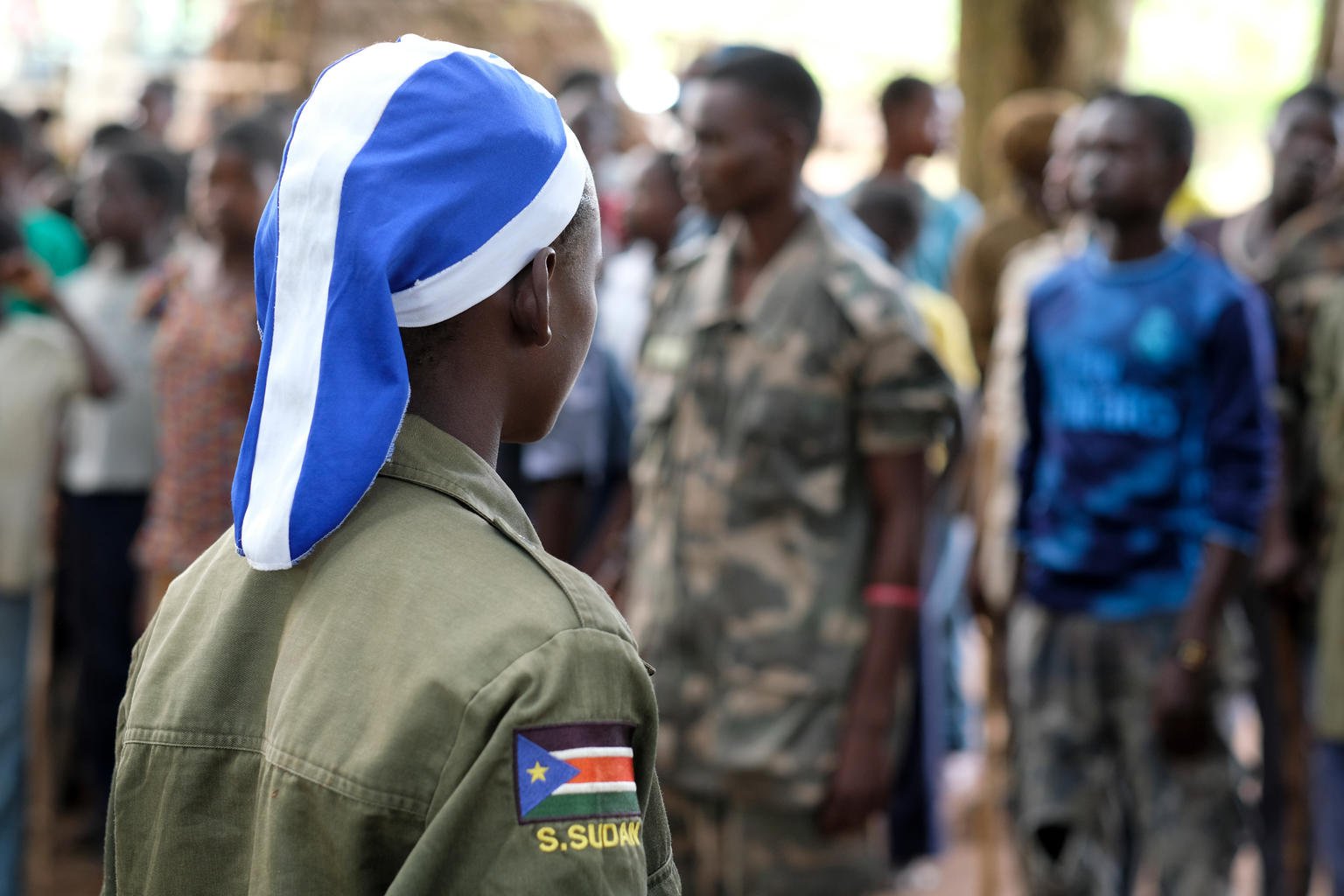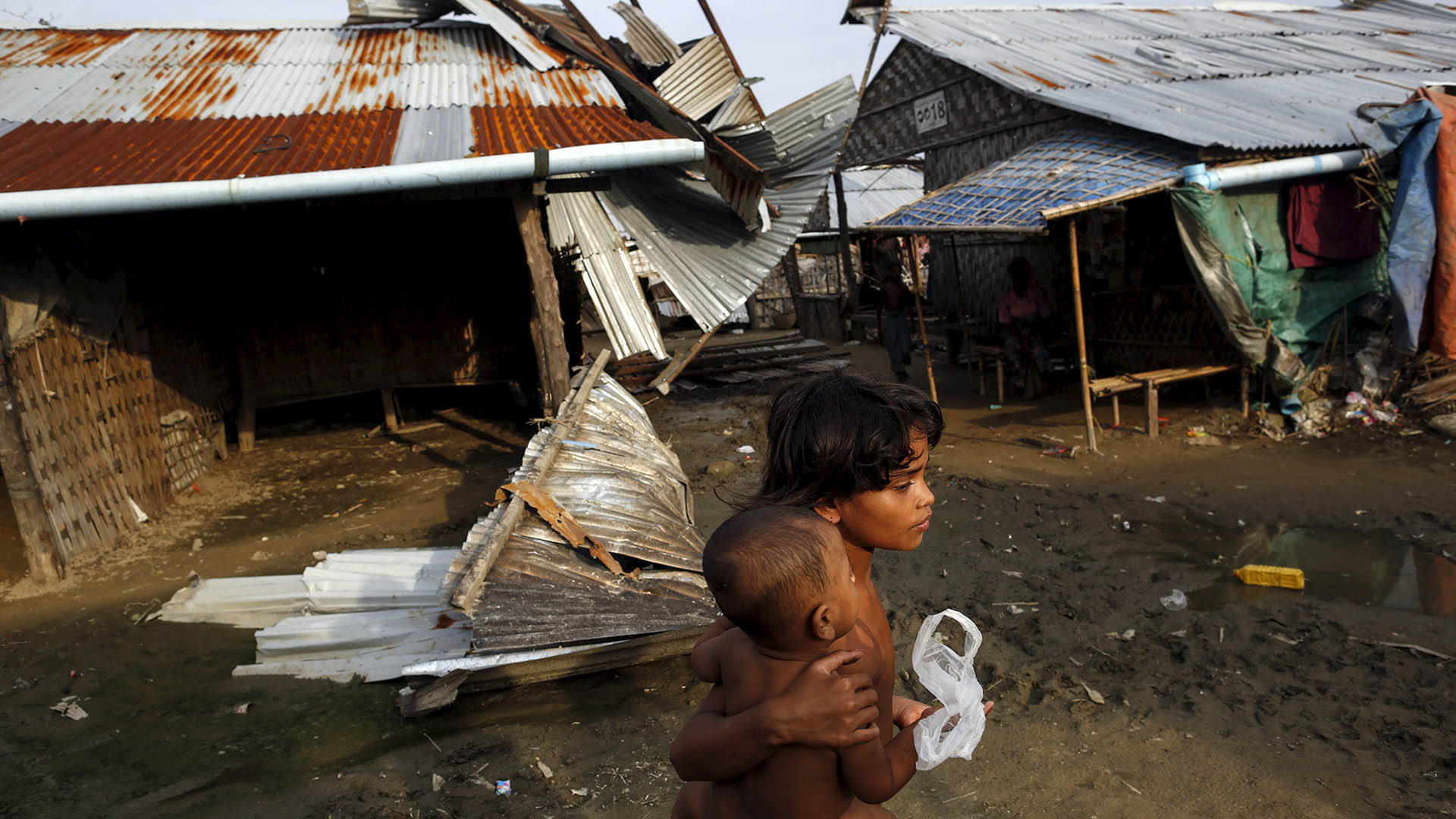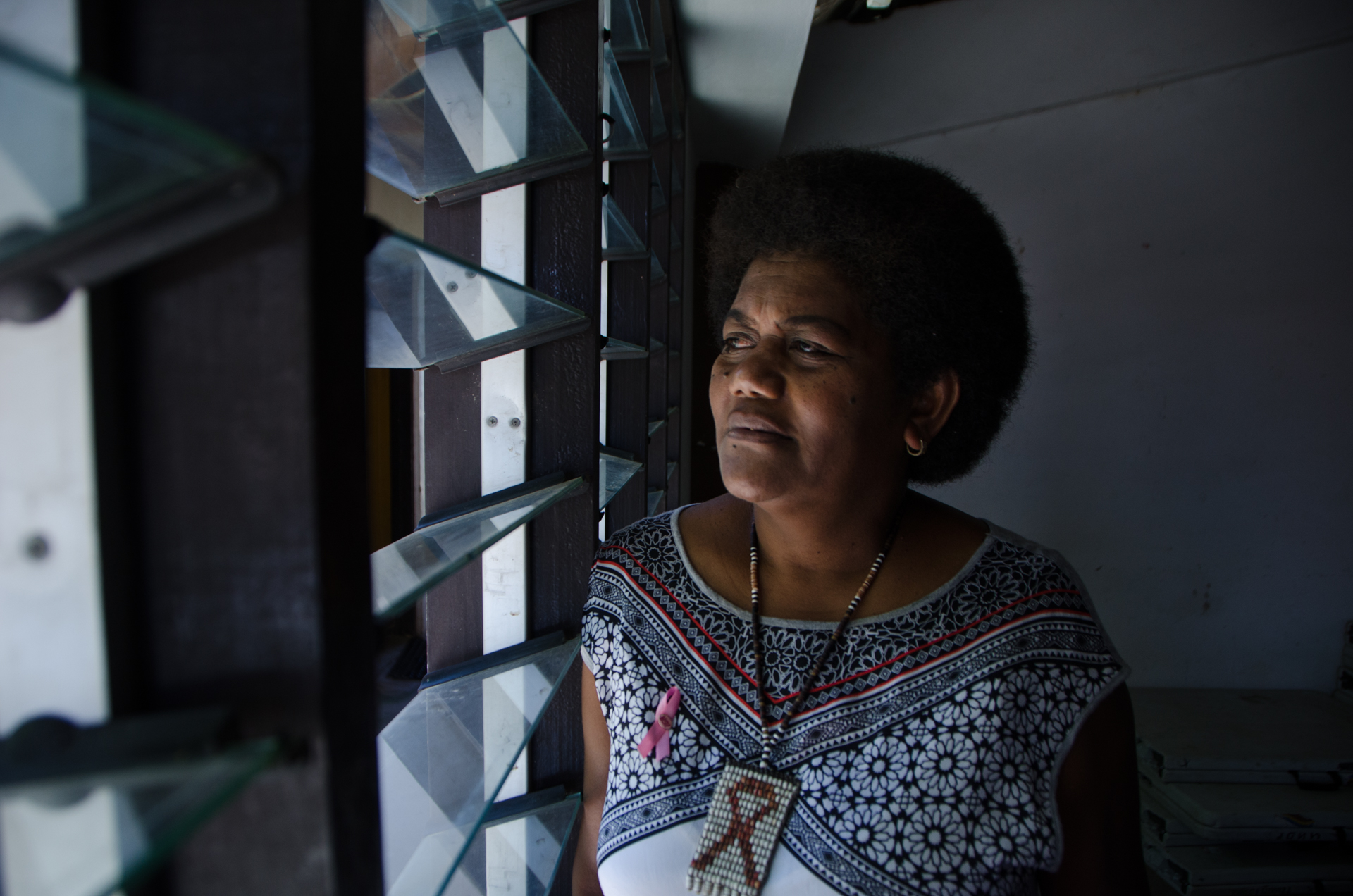Globally, women and girls are disproportionately affected by conflict, climate change, disease, disaster, and migration. But, from The Gambia to Fiji, women are also at the forefront of responding to and preventing crises.
In the lead-up to International Women’s Day on Sunday, TNH is highlighting coverage that has deepened understanding of women and girls issues in the humanitarian sector.
According to a recent report by the Internal Displacement Monitoring Centre (IDMC), 21 million women and girls were displaced by conflict and violence in 2018. And that estimate is conservative – the study did not include women and girls displaced by climate change or natural disasters, nor did it include countries for which data was unavailable.
Women in the humanitarian workforce are also not immune to the discriminatory actions they seek to abet and prevent. Sexual harassment and other forms of prejudice are common in aid organisations, and obstacles persist once practictioners are out in the field. Women are more at risk from gender-based violence while working in dangerous or fragile settings.In the face of these and other challenges, however, women and girls also continue to triumph in leading the way towards more equitable, just, and generous societies. Read on for a cross-section of our reporting from around the world.

How Mexico and Central America’s femicide epidemic drives and complicates the migrant crisis
Two vicious murders in Mexico point to why women and girls risk everything for a chance at US asylum, and also to the dangers in trying.

Who in the world is Millie Wonder
For something different, surprising, and upifting, meet a rape survivor who teaches self-defence to schoolgirls in a Nairobi slum.

Why does so little aid money go to preventing violence against women and girls?
Some 14 million female refugees and displaced women were subjected to sexual violence last year, but less than 0.2 percent of humanitarian funding goes to preventing it.

In South Sudan, girls forced into war face gender double standards in peace
Girls represent at least one in five children recruited by armed groups. Upon release, many endure stigma and find it hard to reintegrate.

Rohingya women and girls are risking dangerous smuggling routes
Women and children are fleeing growing threats and restrictions in Bangladesh and Myanmar camps, but they face new abuses elsewhere.

How the neglected AIDS epidemic hits women and girls hardest
1.7 million people were newly infected with HIV in 2018 – in some countries, an infected person was five times more likely to be female.

Fiji’ unheralded frontline disaster responders: women
In hazard-prone Pacific Island nations, women do much of the work to guard against disasters but still have to fight to be heard.

The women of Ukraine’s festering war
Five years of conflict have taken a particularly heavy toll on women, as villages empty of men, and women are left to head households on their own.




